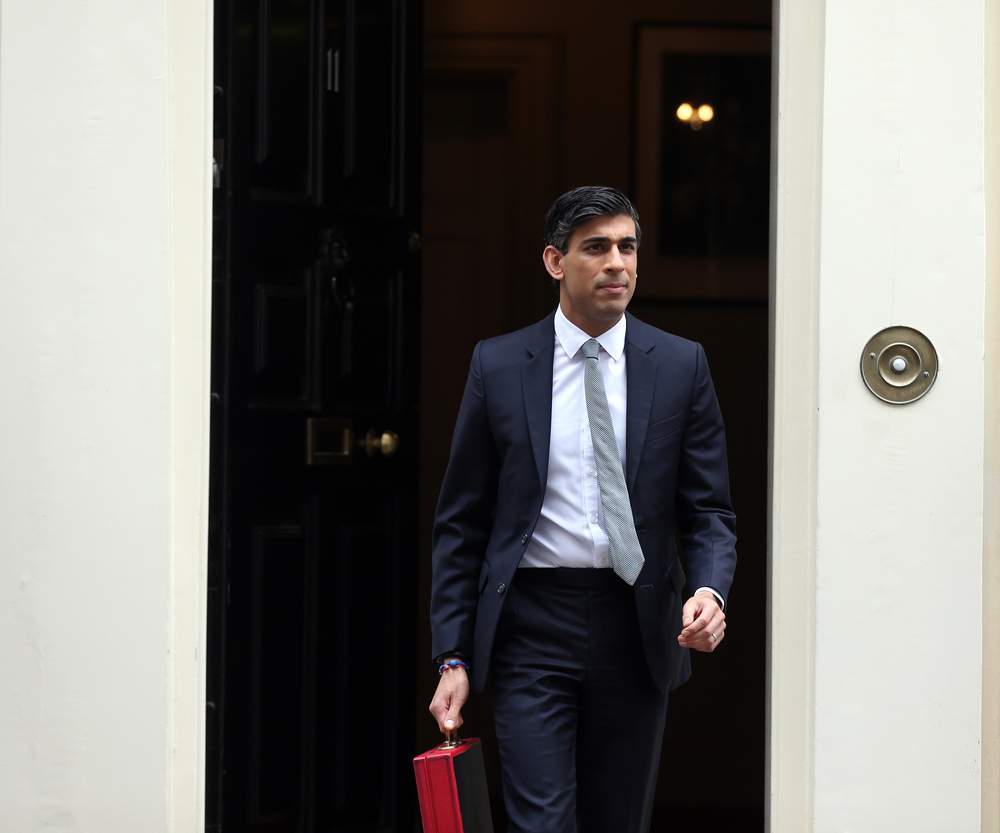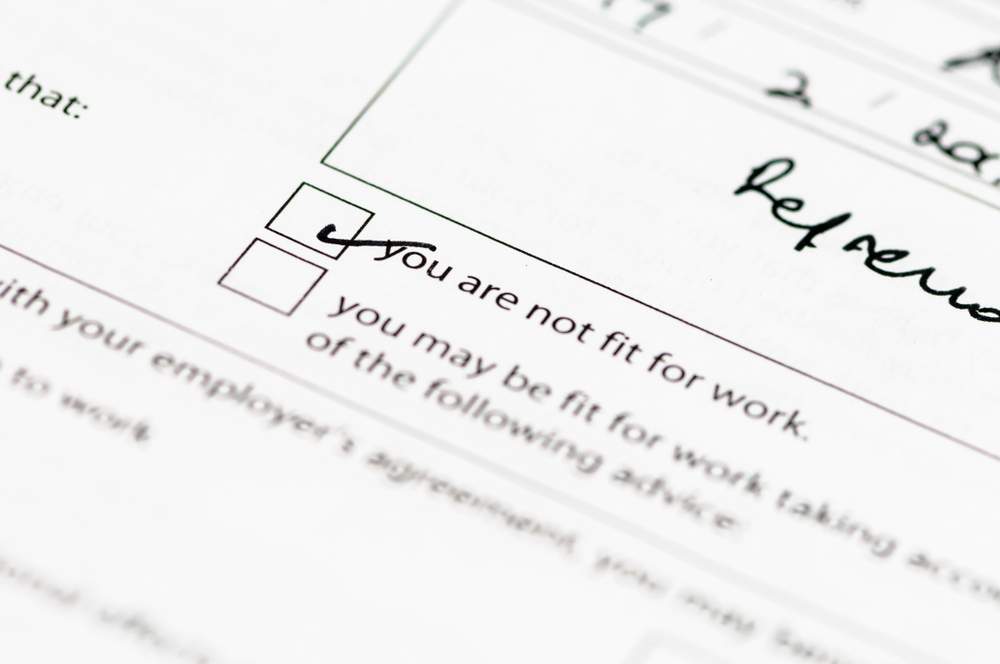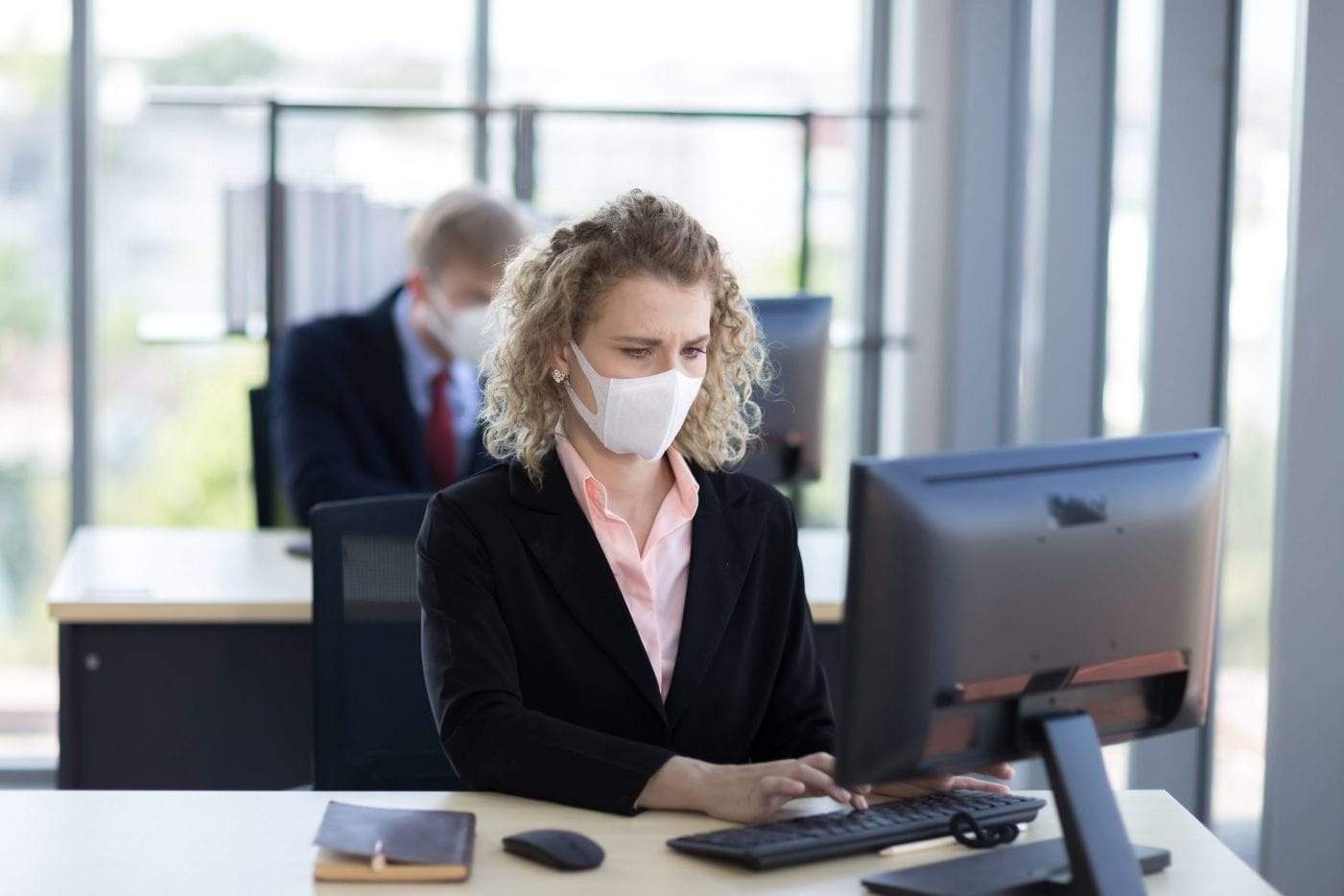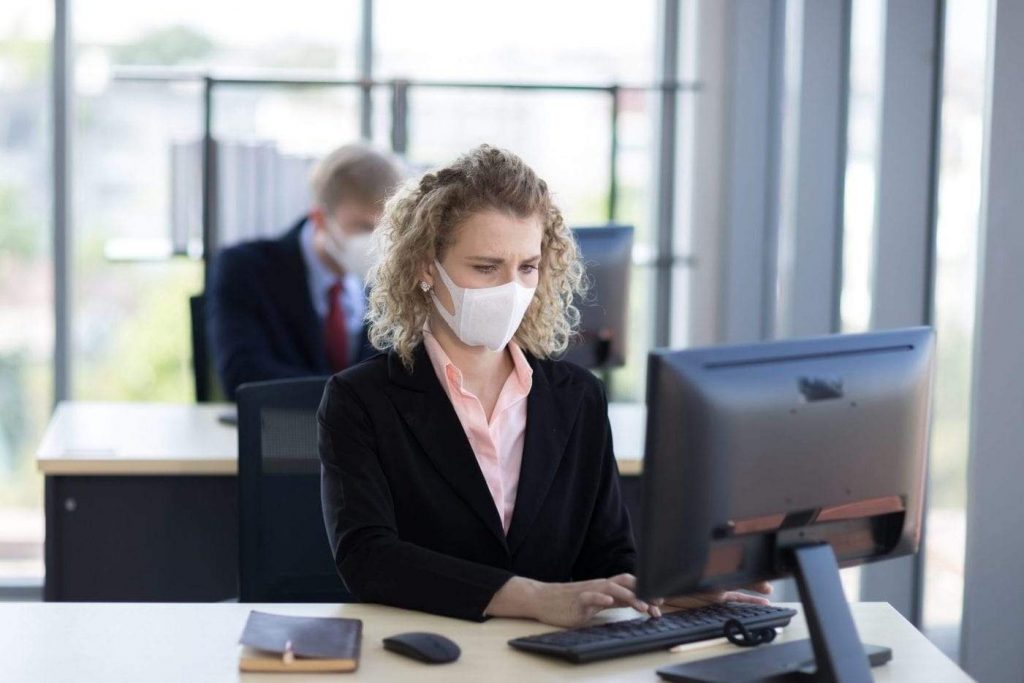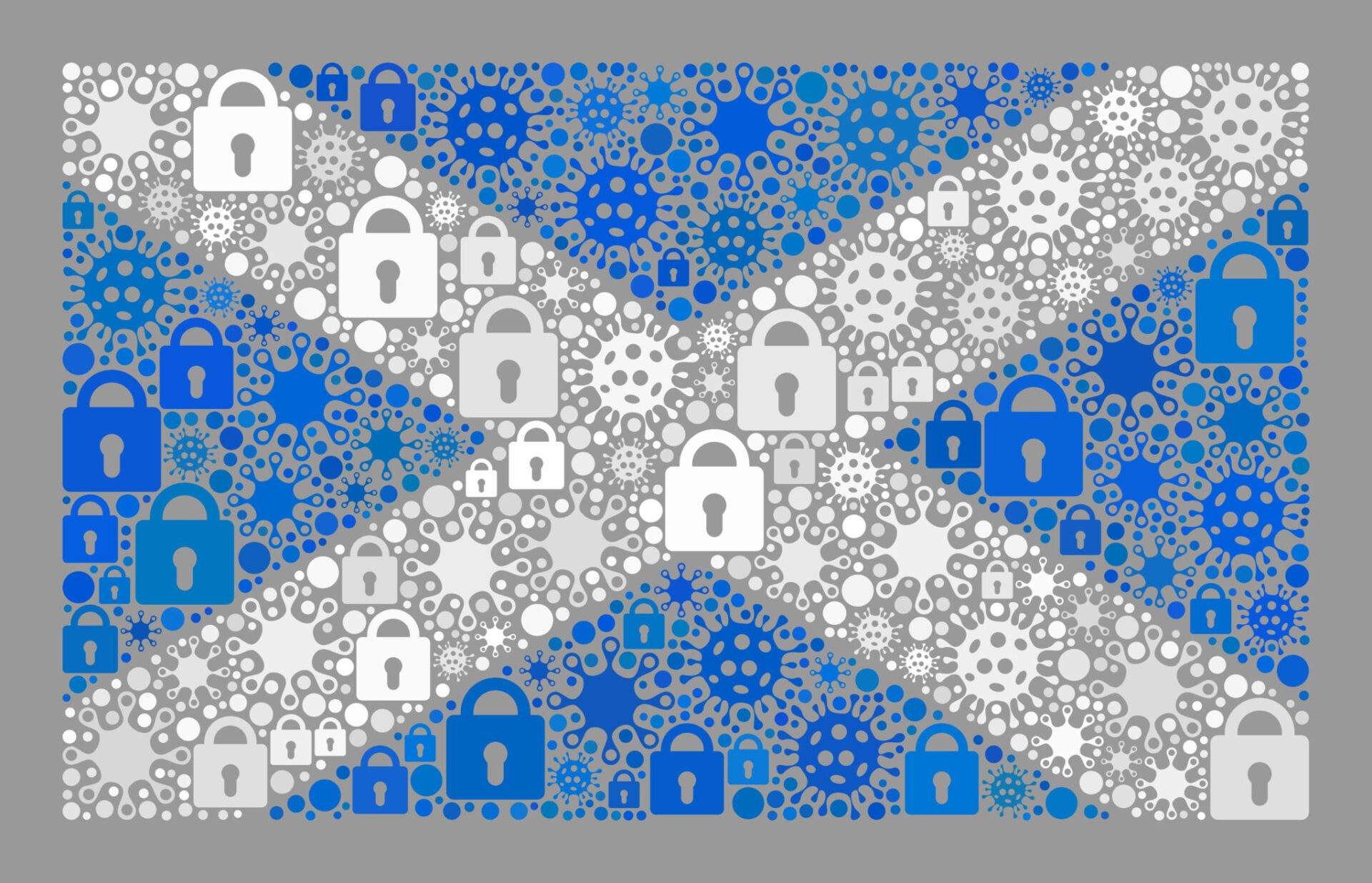The recent emergence of the ‘OMICRON’ variant of COVID-19 and conflicting and ambiguous messages from politicians has done nothing but create confusion and frustration and is causing Christmas chaos for UK employers again this year!

This latest increase in restrictions and advice has come after the emergence of a new COVID variant from South Africa, the OMICRON variant, even though many reports from South Africa have suggested that this latest variant, whilst more transmissible, is far less virulent than the DELTA variant and they look likely to remain in place throughout the festive period and into the New Year, so what does this all mean for UK employers?
New Restrictions and Advice
A massive push of the booster vaccine is currently underway, and everyone is being strongly encouraged to ensure they are fully vaccinated to reduce the risk of contracting and transmitting COVID and the likelihood of becoming seriously ill and requiring hospitalisation.
Various compulsory restrictions have also been reintroduced in England, including compulsory wearing of face masks in various public places and vaccine passports, both of which were already compulsory in other parts of the UK, and the UK Government and devolved administrations have also advised that staff should work from home wherever possible, and that staff Christmas parties should either be scaled back, postponed, or cancelled all together, which will potentially have a significant and adverse impact on thousands of businesses, particularly those in the hospitality sector.
Advice is NOT Law
It is important to note that the latest advice on homeworking is guidance, it is not law. This means it will not be an offence to continue to work from the office even if that work could have been carried out from home. Employers can therefore decide whether to follow the work from home advice, or not, but in doing so they should carefully consider their underlying health and safety obligations to provide a safe working environment for all staff. In light of the emergence of the OMICRON It would be prudent to revisit COVID-19 Risk Assessments to determine whether any changes to existing controls and measures might be required.
Party or No Party?
Battling the pandemic over the last 18+ months may have you feeling worn out and not particularly festive, but before you decide to write off Christmas and/or the annual staff Christmas Party this year, try to remember that Christmas is as much a feeling as it is a holiday. Christmas represents the birth of a new beginning and hope. We celebrate it by giving the light of love to those that need it most and we remember the importance of being good to one another, brightening each other’s lives and spreading joy, happiness and peace.
If you decide to go ahead and gather for your annual Christmas party, you should include your Christmas Party plans into your COVID Risk Assessment to ensure that you continue to have the necessary controls and measures in place to have a safe and enjoyable event.
If, however, you decide not to go gather physically to celebrate, why not have a Virtual Christmas Party instead?
Some of the benefits of organising a virtual Christmas Party for your staff include:
- Bringing your team together, no matter where they are
- Maintaining good workplace well-being
- Boosting employee engagement
- Combating loneliness at work and/or at home
- Improving team morale
Sure, planning any sort of a Christmas Party this year will be a challenge, but with a little bit of effort and creativity there’s no reason why it can’t be done and in making the effort you will be helping yourself and your team to let go of all the stress of the last 18+ months and to step into a brighter and happier place.
There is a plethora of ideas for celebrating Christmas with your team, in person or virtually, whether it’s escape rooms, cocktail masterclasses, a games night or a pub quiz, and Employers can easily and cost-effectively bring their teams together this Christmas to celebrate, have fun and create memories that everyone will look back on in years to come whatever they decide.
Avoid an HR Hangover
If you take the leap and do decide to hold a Christmas Party, even a virtual one, it will still be a ‘work’ event, so here are Employment Law Services (ELS)’ “’Top Tips” to help Employers avoid an HR hangover:
- Ensure all employees are aware of the company’s standard disciplinary and grievance procedures.
- If staff are expected to work the day after the Christmas party, make sure this has been clearly communicated to them beforehand.
- At the party, ensure all employees are catered for regardless of their age, sex, sexual orientation, religion or disability.
Don’t Let This Christmas End in Tiers
Yes, the COVID-19 pandemic has been a nightmare and 2021 has been another hellish year for us all, but for the sake of your own mental health and that of your team, don’t let COVID be the grinch that stole Christmas!
Merry Christmas and Happy New Year!

 Advice on Settlement Agreements Employees
Advice on Settlement Agreements Employees Advice on Settlement Agreements Employers
Advice on Settlement Agreements Employers



